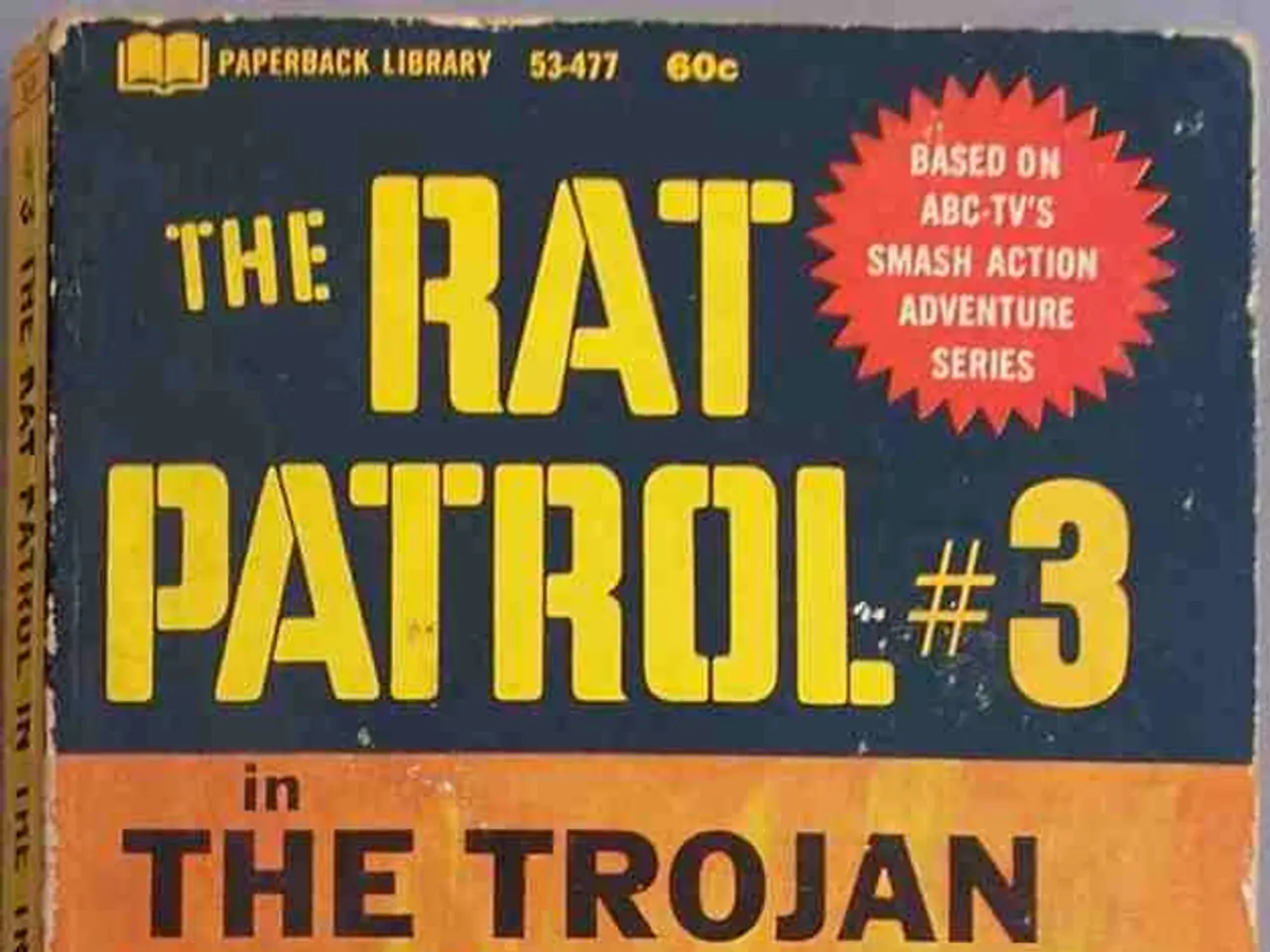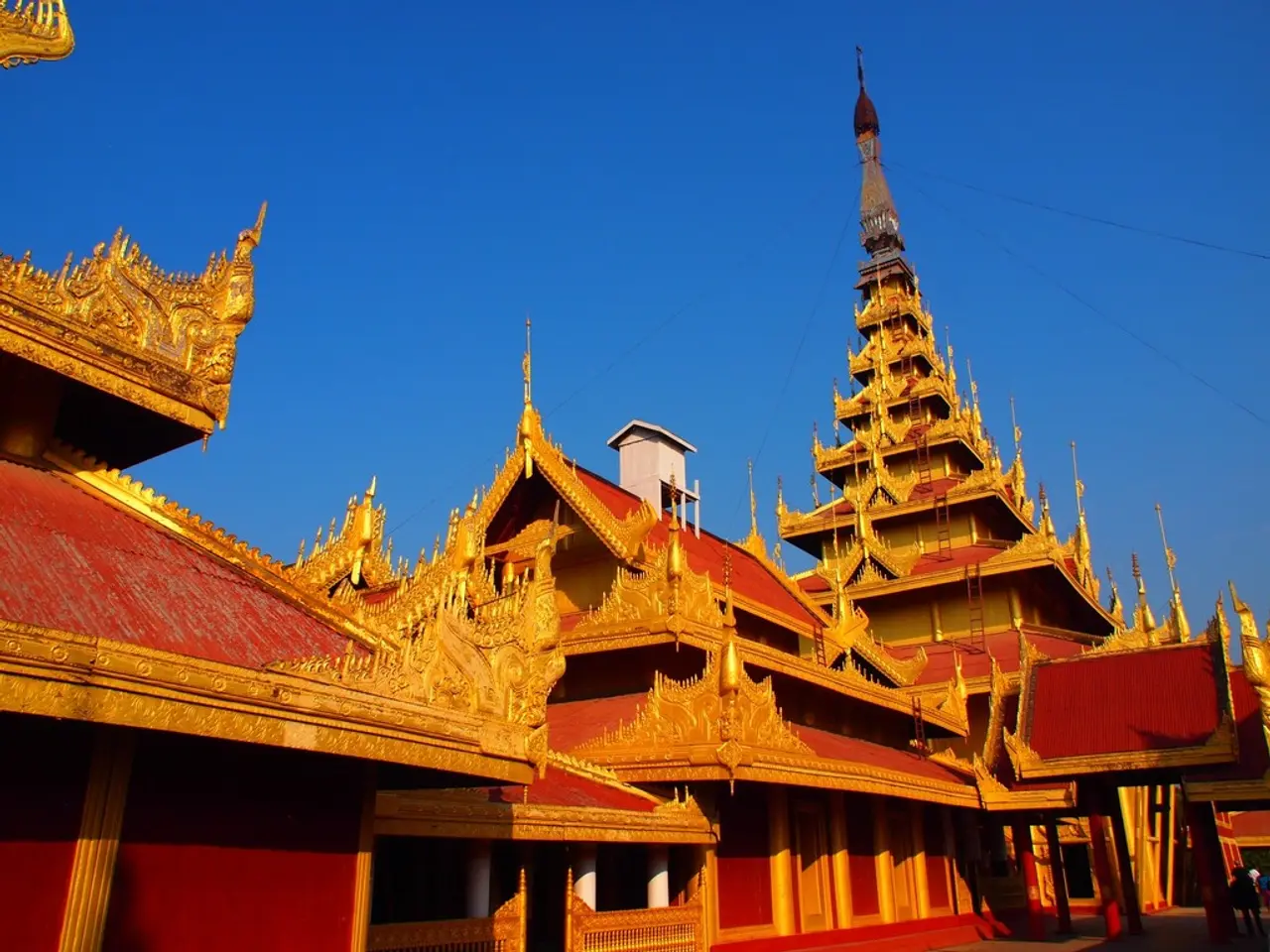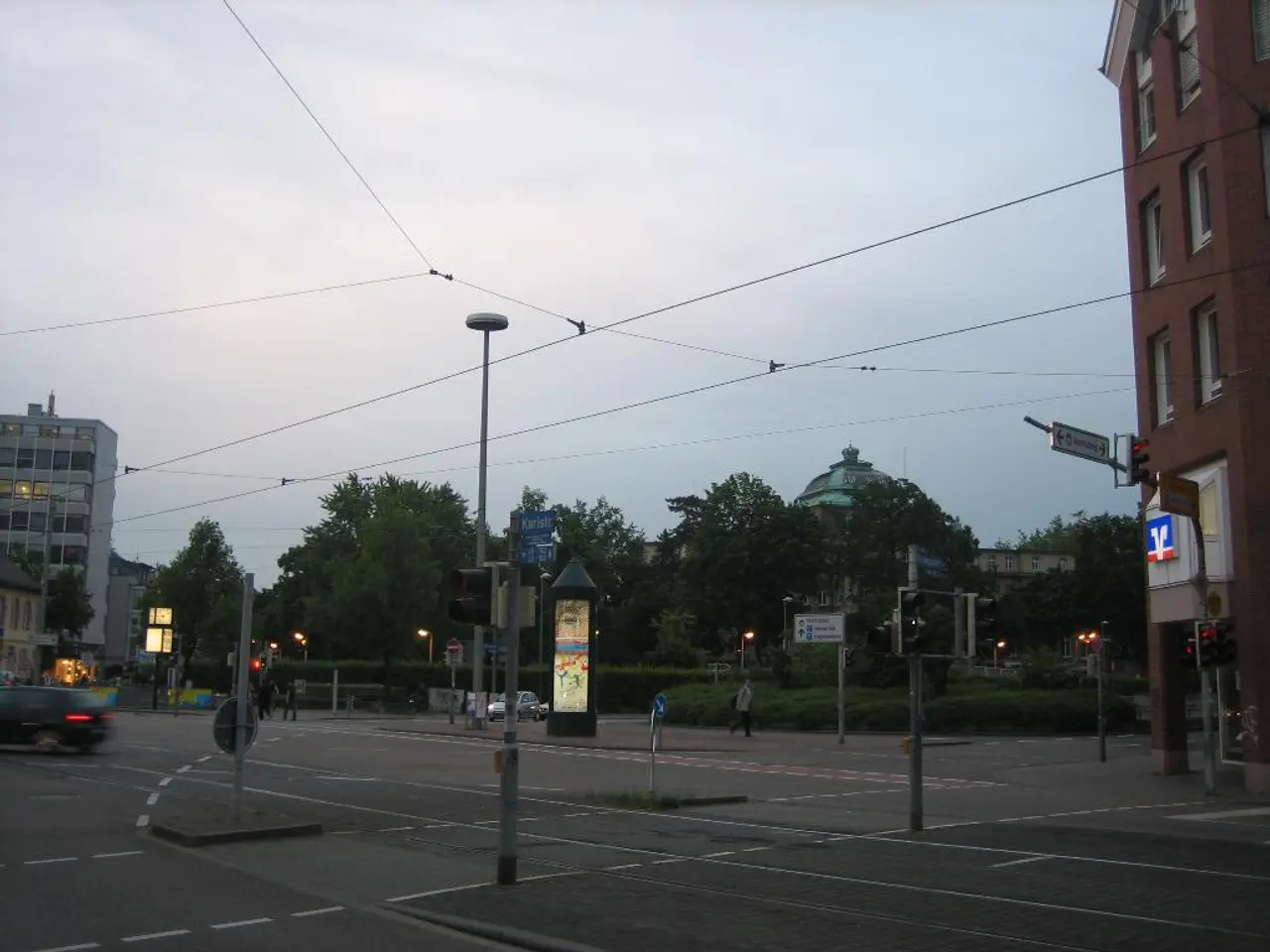Diplomat Sergey Lavrov, Russia's Foreign Minister, to embark on a trip to North Korea by the end of this week.
In a significant development, Russia's Foreign Minister Sergei Lavrov is set to visit North Korea from July 11 to 13, marking a key moment in the growing alliance between the two heavily-sanctioned nations. This visit, at the invitation of the North Korean Foreign Ministry, follows a series of strategic moves that have strengthened their relationship, particularly in the context of Russia's ongoing war in Ukraine.
The current state of military ties between Russia and North Korea is marked by deepening cooperation. North Korea has significantly increased its troop deployments to support Russia's military efforts in Ukraine. Initially, around 11,000 troops were sent last November to fight in Russia's Kursk Oblast. Recently, North Korea is preparing to triple these numbers, potentially sending between 25,000 to 30,000 more troops to Russia, according to Forbes. This expansion highlights Russia's growing reliance on foreign forces.
In addition to troop deployments, North Korea has been providing Russia with extensive military supplies. A Reuters investigation reported that North Korea has been supplying more than half of the artillery shells used by Russia. Furthermore, North Korea has agreed to send thousands of construction workers and combat engineers to Russia. These personnel will assist in demining operations and repairing war damage in Russia's Kursk region.
The strategic partnership between Russia and North Korea was formalised last summer with the signing of a comprehensive strategic partnership treaty. This alliance, which fosters a strong defense sector partnership, signals a strategic rather than transactional relationship, reflecting the countries' commitment to mutual support. In addition to military cooperation, there are efforts to enhance people-to-people exchanges through educational, cultural, and trade initiatives.
The influx of North Korean troops is helping to fill gaps on the front lines, allowing Russia to maintain its military presence without further mobilizing its own forces. However, this strategy is seen by some as a sign of Russia's military weakness, as it indicates Moscow's need for external support to sustain its war efforts.
The close alliance between Russia and North Korea has not been without cost. Around 600 North Korean soldiers have been killed and thousands more wounded fighting for Russia. Despite this, the two nations remain united in their strategic partnership, with North Korea announcing its intention to send builders and deminers to the Kursk region to aid in Russia's ongoing military efforts.
As the conflict in Ukraine continues, the deepening ties between Russia and North Korea will undoubtedly be a key factor in the geopolitical landscape. The visit by Sergei Lavrov is a testament to the strength of this alliance and the commitment of both nations to support each other in times of conflict.
- The strategic partnership between Russia and North Korea, evident in their military cooperation and growing dependence on each other, is not limited to war-and-conflicts but also extends to the realm of art and culture, as evidenced by plans for educational and cultural exchange initiatives.
- Amidst this growing alliance, North Korea's announcement to send builders and deminers to Russia's Kursk region is a significant contribution to the general-news front, providing assistance in demining operations and repairing war damage, indicating a shared commitment beyond war-and-conflicts.
- In the evolving world of politics, the close alliance between Russia and North Korea, despite the cost in human lives, has escalated the international news coverage, with particular attention given to the troop deployments and military supplies from North Korea aiding Russia's war efforts in Ukraine.






